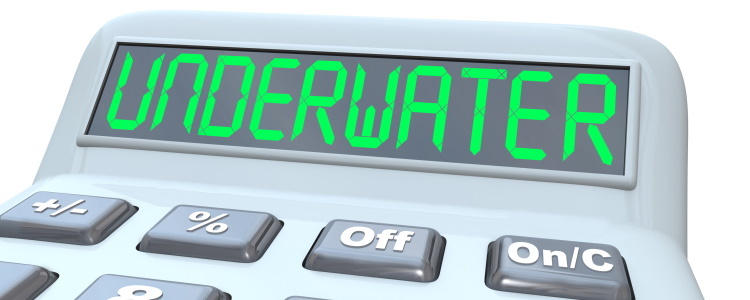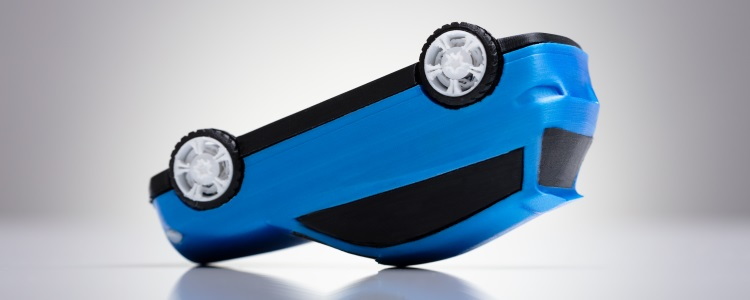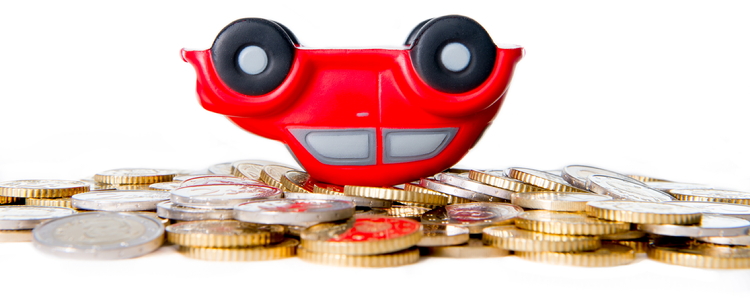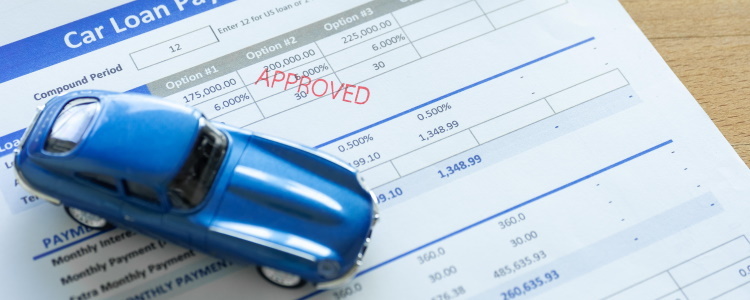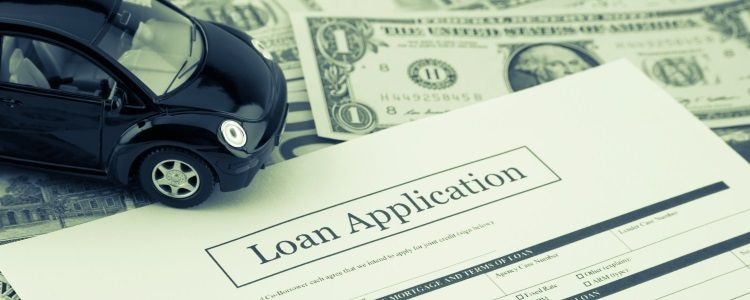Negative equity happens at some point in most auto loans, and there's nothing special you need to do to correct it – unless you need to sell or trade in your car, that is. We're looking at what negative equity is and what may need to be addressed if it's standing between you and your next vehicle.
The Impact of Negative Equity in a Car
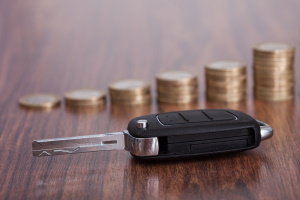 Negative equity happens when you owe more on your car than it's worth. This is also known as being upside down or underwater. It's not the best situation to be in if you need the value in your vehicle to work for you. However, it's a natural part of auto lending, since cars depreciate in value over time.
Negative equity happens when you owe more on your car than it's worth. This is also known as being upside down or underwater. It's not the best situation to be in if you need the value in your vehicle to work for you. However, it's a natural part of auto lending, since cars depreciate in value over time.
You typically have more of a chance for negative equity with new vehicles; this can usually be corrected by simply making your loan payments on time. Negative equity itself isn't harmful until you're facing the prospect of getting another car. If you're upside down on an auto loan, you have to finish paying your lender before you can sign the title of your vehicle over to someone else, such as the dealership you're looking to purchase from.
This is why it's so important to have equity in your car at trade-in time. Without it, any money you get from the sale of your vehicle goes to pay off your old loan. Since, by definition, you owe more than you can get for your car, you also have to make up the difference between the vehicle's value and the loan balance out of pocket.
Rolling Over Negative Equity
If you don't have the means to pay off your loan, but need another car now, a lender may allow you to roll over the negative equity from an existing loan. This means that the lender pays off your existing loan, and adds the negative equity to your new loan.
This method allows you to get into the vehicle you need, but it also means that you're starting a new loan with even more negative equity – and a higher loan cost. Adding negative equity to a new loan means paying more, as you're now paying interest on the rollover balance, too.
If you're doing all of this with a lower credit score, then you may be facing even higher charges. Bad credit borrowers often qualify for interest rates that are higher than average.
If you find yourself unable to close the gap between car value and loan amount by the time you need another vehicle, you're often forced to take the same rollover option in the future. This never-ending cycle is called the trade-in treadmill, and it's not the place to be when you're already struggling with credit issues.
The Cost of Rolling Over Negative Equity
When you roll over negative equity, you're adding to the cost of your new loan. If you're left with a $6,000 loan balance, but your car is only worth $4,000, that's $2,000 that gets added to your new loan. It makes a difference in what you end up paying, both monthly and in interest charges over your loan term.
For example, say you want to finance a $10,000 vehicle for 60 months, and your interest rate is 12%. In this case, you end up paying $13,346 total by the end of your loan term – $3,346 of it in interest charges.
Now say you're trading in a car and you roll $2,000 in negative equity into a loan. Assuming the same loan term and interest rate, you end up paying $16,016 overall, which means the negative equity resulted in you paying $670 more in interest charges overall.
Instead of rolling over negative equity, waiting until there's equity in your vehicle that can help you save money. When your car is worth more than you owe on its loan, you often have the opportunity to pay off your existing loan and put money down on your new vehicle.
For example: If you owe $4,000 on your auto loan, but your car is worth $6,000, you can pay off your loan and use the leftover $2,000 as a down payment.
Ready to Trade In Your Car?
If you're ready to trade in your vehicle, equity or not, you're going to need to find a lender that can work with you if you have a low credit score. Not all dealers are signed up with these types of lenders. Generally, direct lenders such as banks and credit unions don't finance people that have poor credit, either. So, where can you go to find the auto loan you're looking for?
Special finance dealerships are your best bet, and Auto Credit Express works with a nationwide network of them! Save yourself the hassle of searching for a dealer with the right type lenders. Fill out our fast and free car loan request form instead, and we'll get you connected to a dealership in your area.
